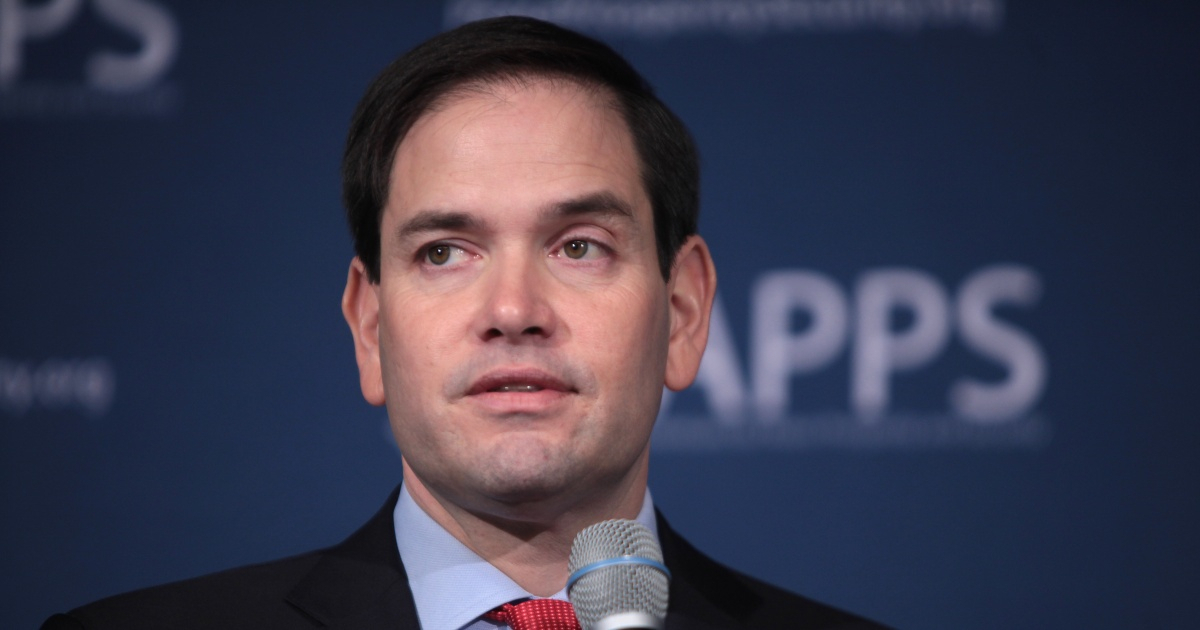
Concerned about the new measures by President Joe Biden's administration in favor of the Cuban private sector, U.S. Senator Marco Rubio warned about the impact of these kinds of concessions and the advantages they grant to the island's regime to increase its wealth.
From the social network X, Rubio described the series of amendments to the Cuban Assets Control Regulations issued by the U.S. Department of the Treasury as a facade and pointed out that this type of actions only benefit a government "famous for its oppression."
According to the senator, the so-called "private sector" in Cuba only benefits the ruling elite, while he noted that similar measures applied in the past also failed to achieve the desired change.
"The Cuban regime manipulates the desperation of the Biden administration for a triumph in its foreign policy, reflecting the tactics of Iran," Rubio pointed out regarding the regulations announced on May 28, while emphasizing the impact of "any financial assistance to this vile regime," as it "only fuels further repression and anti-U.S. attacks."
Although the measures aim to promote economic independence and improve connectivity in Cuba, Rubio warns that they could have the opposite effect to the one expected and instead of promoting a democratic change, they could strengthen the oppressors and accentuate the repression against the Caribbean people.
This decision aims to expand the Biden administration's policy in support of the Cuban people and Micro, Small, and Medium Enterprises (MSMEs), according to a document published in the Federal Register, and revokes a regulation from the Donald Trump administration that prohibited U.S. banks from processing transactions related to Cuba through third countries.
Similarly, they aim to promote internet freedom on the Antillean territory through various actions such as the authorization and expansion of cloud-based services, installation, repair of telecommunications equipment, export of Cuban-origin software and mobile applications.
According to the package of regulations, "independent entrepreneurs in the private sector" (self-employed workers, cooperatives, and private companies with up to 100 employees) will be able to open and use bank accounts in the United States.
In addition, beneficiaries are authorized to carry out "U-turn" transactions, which allow banking institutions to process fund transfers involving Cuba, as long as they originate and end outside the U.S. and are not carried out by persons subject to U.S. jurisdiction.
Furthermore, the reporting process for transactions related to telecommunications has been updated, eliminating the need to send faxes and allowing reports to be sent via email.
The Cuban government considers the regulations "limited," and in the opinion of Foreign Minister Bruno Rodríguez Parrilla, they do not reverse the "cruel impact" of the embargo on Cuban families or Cuba's inclusion on the list of State Sponsors of Terrorism.
Cuban-American lawmakers rejected the changes. Republican congressman Carlos Giménez accused the Biden administration on his X account of perpetuating "the Castro dictatorship in power and abandoning the Cubans who are fighting for freedom," while also calling it a "complacent" accomplice of the communist regime.
President Biden has just granted more concessions to the murderous regime of Cuba," he expressed.
ABANDONMENT. COLLABORATORS! https://t.co/5b9nj7w70F — Rep. Carlos A. Gimenez (@RepCarlos) May 28, 2024
On the other hand, lawmaker María Elvira Salazar considered that opening the United States banking system to the "private sector," which she regards as "a cover for the regime to obtain foreign currency," will give "more oxygen to the dictatorship."
The Cuban government has continuously asked for the relaxation of the US embargo. Now that these concessions have materialized, the question arises: When will the regime take steps to fully liberalize the domestic market and ensure freedom of expression and politics within the island?
What do you think?
COMMENTFiled under: